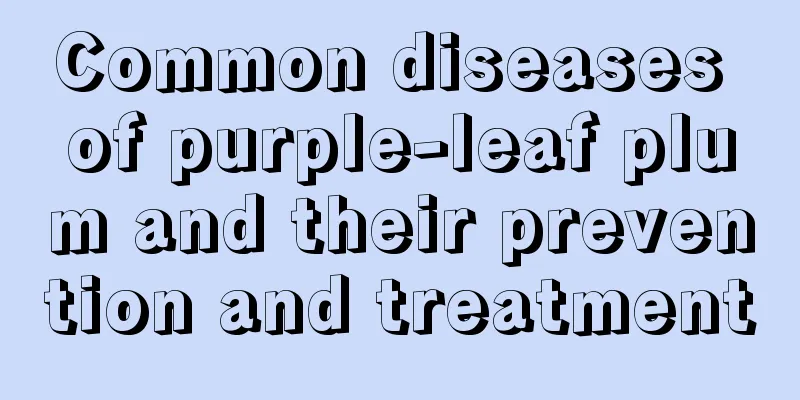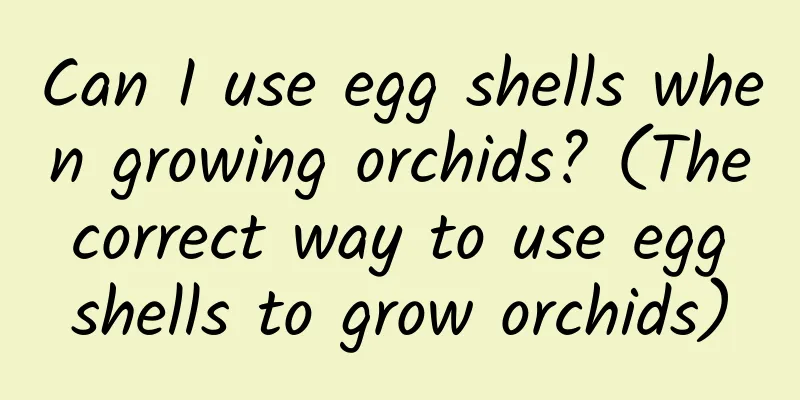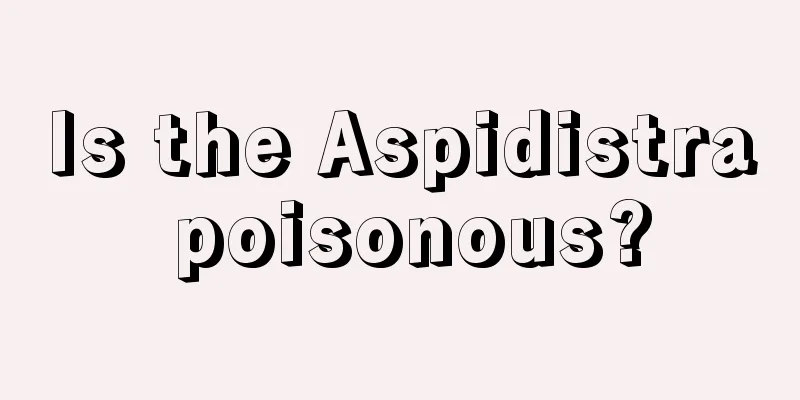Common diseases of purple-leaf plum and their prevention and treatment

Purple-leaf plum gummosisGummosis is a common disease of purple-leaf plum, which also threatens the growth of many flowers. When purple-leaf plum is infected with gummosis, gum will flow from the branches and fruits, and the plant will grow weak. The plants of purple-leaf plum will exude gum, and the diseased parts will bulge and deform. In severe cases, it may even cause the branches to wither and die. When the fruit is infected, gum oozing and cracking will occur. Gummosis of purple-leaf plum is mostly caused by the invasion of fungi or pests and diseases, or by improper pruning and watering and fertilizer during cultivation. In order to prevent gummosis, management needs to be strengthened and reasonable maintenance measures are unnecessary. In addition, timely prevention and control of diseases and pests are required, and pruning work must also be reasonable. Before the purple-leaf plum blooms, you can scrape off the colloid and apply special antibacterial agents. Puncture disease of purple leaf plumThe perforation disease of purple-leaf plum is bacterial and has serious consequences, mainly affecting leaves, branches and fruits. Lesions will appear on the leaves, which will dry up and fall off, ulcers will appear on the branches, and colored spots and depressions will appear on the fruits. When purple-leaf plum develops perforation disease, management needs to be strengthened, more organic fertilizers should be applied, and nitrogen fertilizers should not be too selective. Pruning should be reasonable. When pruning in winter, diseased and dead branches should be cut off and fallen leaves should be cleaned up. In addition, there are dozens of sprays. You can spray some Bordeaux liquid before germination, and after germination, you should choose to spray streptomycin sulfate solution, zinc sulfate lime solution, etc., spray 2-3 times. Powdery mildew of purple-leaf plumPowdery mildew of purple-leaf plum is a very serious disease that can harm the leaves of purple-leaf plum and cause a white powdery mold layer to appear on the affected leaves. For powdery mildew, prevention is the main focus, including good sanitation and centralized destruction of fallen leaves. In addition, in the early stages of powdery mildew, you can spray 77% of cypermethrin wettable powder or 25% of triadimefon wettable powder for treatment. |
<<: Root Rot of Heather and Its Control
>>: Common diseases and pests of dancing grass and their control
Recommend
When is the best time to harvest onions?
Green onion is a very common vegetable and a very...
How to pinch the tip of purple bamboo plum
1. How to pinch the heart When caring for and man...
How to water Lithops
1. Spring watering In spring, Lithops grows and d...
How to cultivate osmanthus trees
Osmanthus tree growth conditions Osmanthus trees ...
How to plant honeysuckle in pots? How big a pot should I use?
1. Prepare the soil When potting honeysuckle, cho...
How to plant the soapberry tree
1. Site selection When planting soapberry trees, ...
How to care for golden buckwheat
1. Fertilization During the growing period of gol...
Smart people love to grow "green plants". Choose these "3 types" to make the air at home fresh and your life comfortable!
1. Dragon bone flower The appearance of the drago...
What are the varieties of Margaret flowers?
Pink spray As the name suggests, the flowers are ...
When is the best time to prune European roses?
European rose pruning effect Pruning European ros...
The language and legend of coral flowers
Coral Flower The flower language of coral flower ...
Where is the main production area of Maca?
Maca growing environment Maca is native to high-a...
How to grow native ginseng
1. Planting method 1. Land preparation: When plan...
Flowers that symbolize success in the imperial examination
1. Lucky Bamboo It symbolizes rising step by step...
Can lilies bloom without sunlight? Do they need sunlight during their flowering period?
1. Can flowers bloom without sunlight? Lily is a ...









